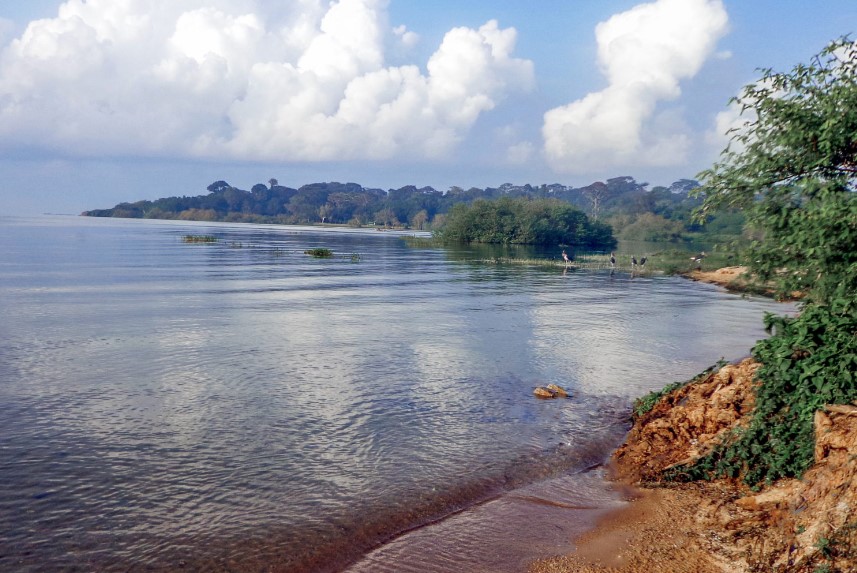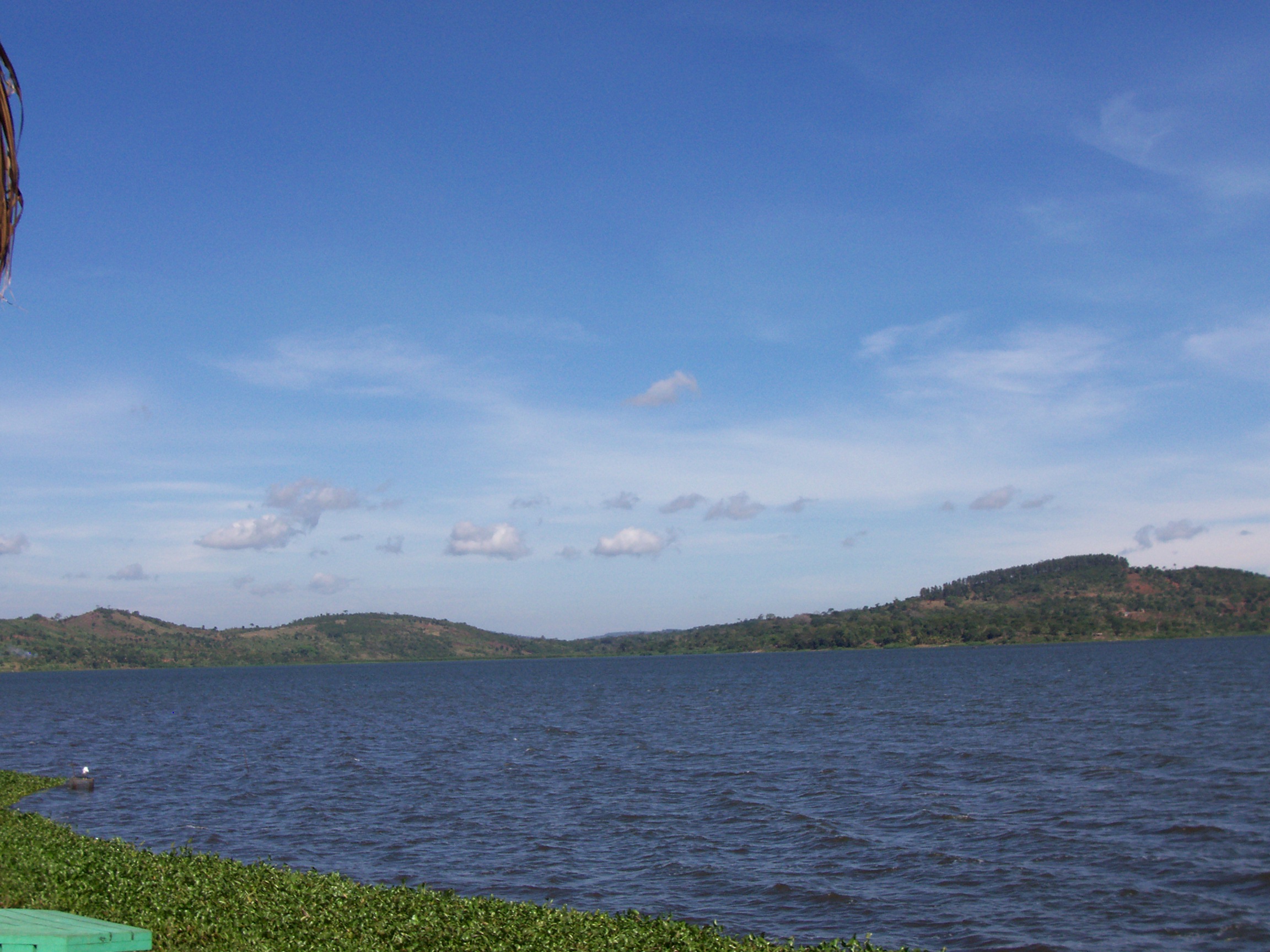Lake Victoria, situated in East Africa, is not only the largest freshwater lake on the continent but also one of the most captivating bodies of water worldwide. Spanning approximately 68,800 square kilometers and shared by three African nations – Kenya, Uganda, and Tanzania – this magnificent lake holds immense cultural, ecological, and economic significance for the region. With its stunning beauty, rich biodiversity, and historical importance, Lake Victoria has earned its reputation as a true African gem.
Geographical and Historical Background Of Lake Victoria
Nestled within the Great Rift Valley, Lake Victoria occupies a prominent position. It is positioned at an elevation of 1,134 meters above sea level, making it the world’s second-largest freshwater lake by surface area. Formed millions of years ago, the lake is believed to have been shaped by tectonic activity, resulting in its unique oval shape.
Lake Victoria holds immense historical importance. Named in honor of Queen Victoria of the United Kingdom, the lake has long been a significant hub of trade and transportation. It served as a crucial route during the era of Arab traders and European colonialism, facilitating the exchange of goods and cultures. The lake played a pivotal role in the development and growth of the surrounding communities and their economies.
Ecological Diversity
Lake Victoria boasts an extraordinary array of biodiversity, both in and around its waters. Its shores are adorned with lush wetlands, sandy beaches, and dense forests, creating an ideal habitat for numerous plant and animal species. The lake is home to over 400 species of fish, including the iconic Nile perch, which is highly sought after by fishermen and provides a vital source of sustenance for local communities.
The birdlife around the lake is equally remarkable. Over 300 species of birds, including African fish eagles, herons, and pelicans, call Lake Victoria their home. These avian residents contribute to the lake’s vibrant ecosystem and attract birdwatchers and nature enthusiasts from around the world.
Environmental Challenges and Conservation Efforts
Despite its natural splendor, Lake Victoria faces numerous environmental challenges. Overfishing, pollution from agricultural runoff and industrial activities, and invasive species like the water hyacinth have had a detrimental impact on the lake’s ecosystem. These factors threaten the delicate balance of the aquatic life and the livelihoods of the local communities that depend on the lake.
Thankfully, awareness of these challenges has spurred significant conservation efforts. Organizations, governments, and local communities are working together to restore and protect Lake Victoria’s environment. Initiatives include sustainable fishing practices, water treatment projects, and the removal of invasive species. Such efforts aim to preserve the ecological integrity of the lake and ensure the prosperity of the communities that rely on its resources.
Socio-Economic Significance
Lake Victoria is not only an ecological treasure but also a crucial economic resource for the surrounding countries. The lake supports a thriving fishing industry, providing employment and sustenance to millions of people. Fishermen venture out in their colorful boats, casting their nets and traps to harvest the abundant aquatic life.
Moreover, Lake Victoria serves as a vital transportation route, facilitating trade between countries and connecting communities along its shores. The ports and harbors around the lake play a crucial role in regional commerce and foster economic growth.
Tourism is another significant contributor to the local economy. The lake’s natural beauty, stunning sunsets, and opportunities for water sports attract tourists from all over the world. Visitors can enjoy boating, fishing, birdwatching, and even explore the lake’s numerous islands, such as the popular Ssese Islands in Uganda.
Lake Victoria stands as a testament to the awe-inspiring wonders of nature. Its vast expanse and rich biodiversity make it a captivating destination that encompasses both ecological significance and cultural heritage. Despite facing environmental challenges, the collective efforts towards conservation and sustainable practices demonstrate the commitment to preserving this natural treasure for future generations.
Lake Victoria serves as a lifeline for the communities that surround it, providing sustenance, transportation, and economic opportunities. The fishing industry, in particular, plays a vital role in supporting livelihoods and local economies. Additionally, the lake’s scenic beauty and recreational activities make it a popular tourist destination, attracting visitors who seek to explore its tranquil waters and immerse themselves in its natural splendor.
However, the preservation of Lake Victoria requires ongoing commitment and collaboration. Efforts to address overfishing, pollution, and invasive species must be sustained, accompanied by educational programs and policies that promote sustainable practices. Local communities, governments, and environmental organizations must work hand in hand to ensure the long-term viability of this magnificent water body.
Lake Victoria’s significance extends beyond its physical boundaries. It holds cultural and historical value as a site that has witnessed centuries of human activity, serving as a trade route and a source of inspiration for local communities. The lake’s presence has shaped the identities and narratives of the people who call its shores home.
In conclusion, Lake Victoria stands as a majestic jewel of Africa, renowned for its sheer size, ecological diversity, and cultural significance. As we navigate the challenges of the present and the future, it is crucial that we continue to protect and conserve this natural wonder, fostering sustainable practices and preserving the invaluable legacy it holds for generations to come.



Comment (0)